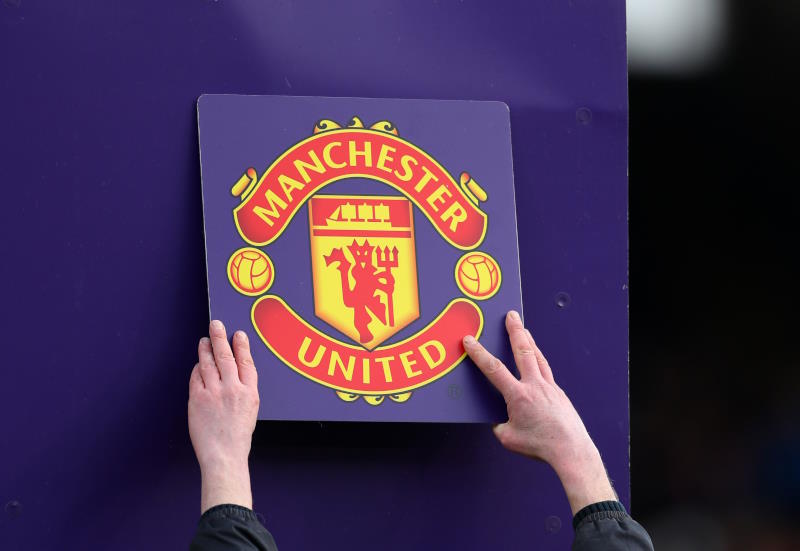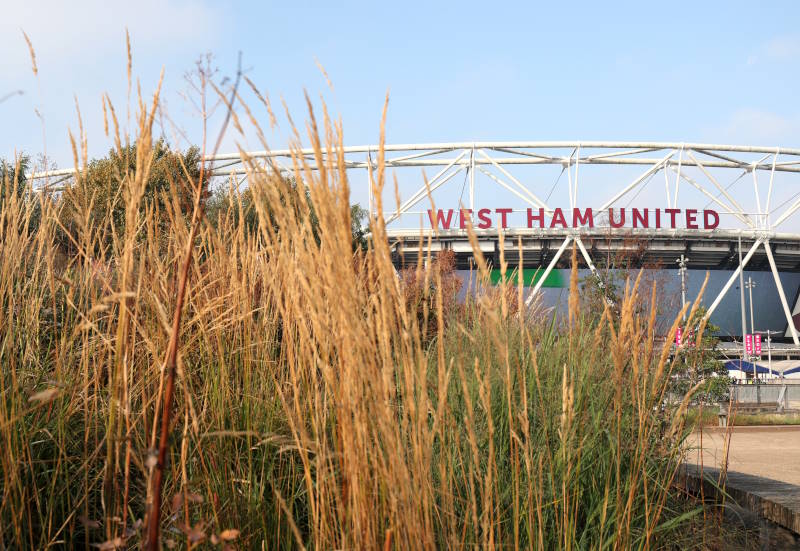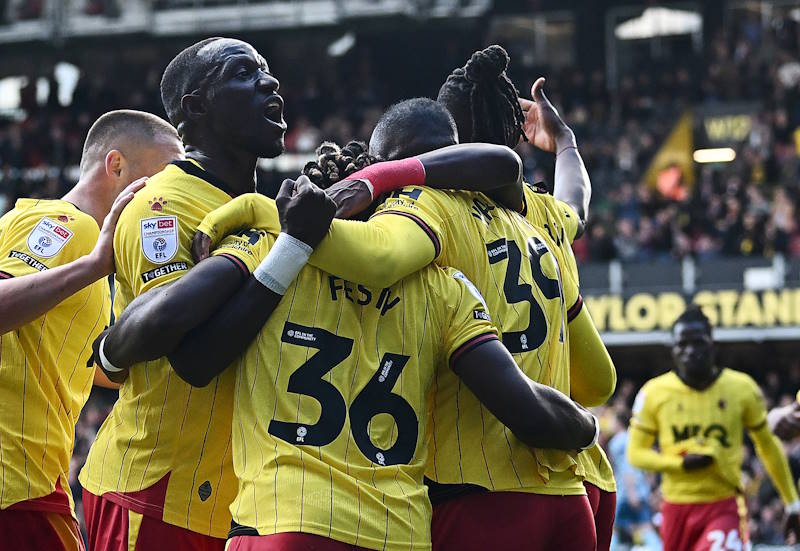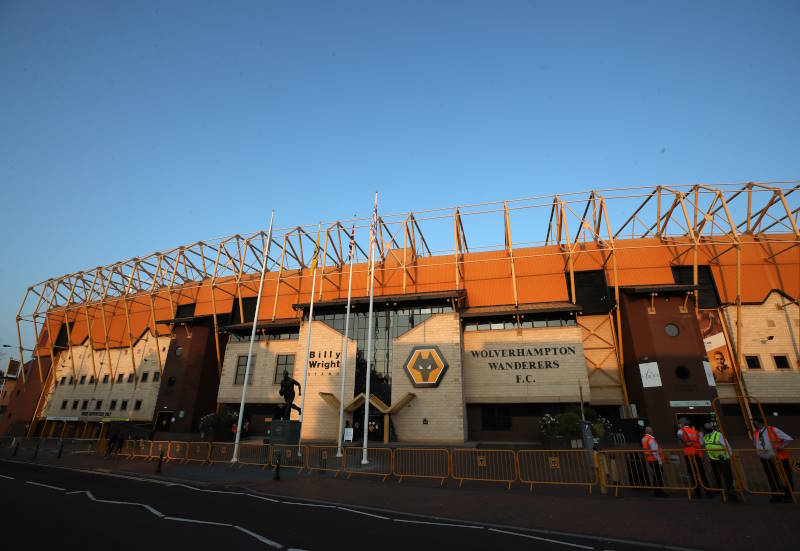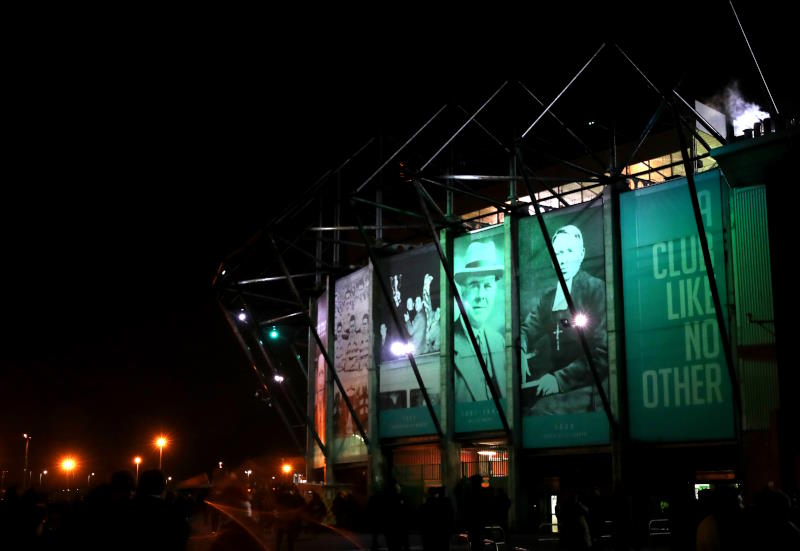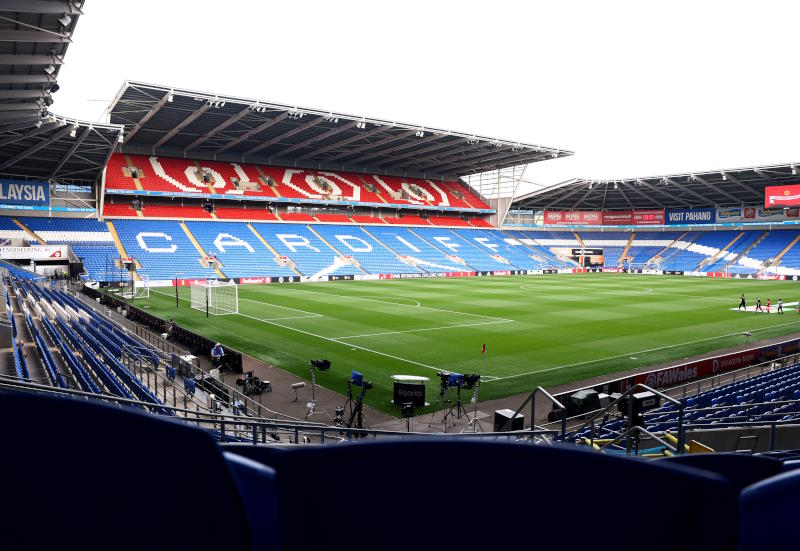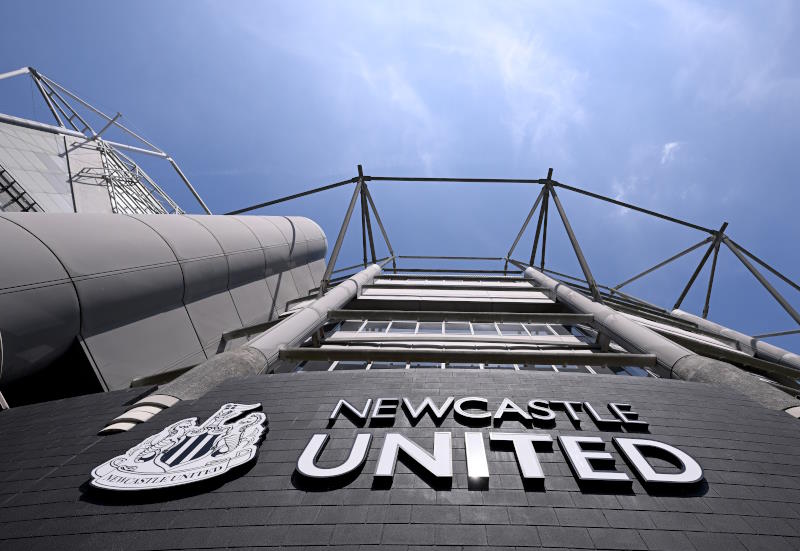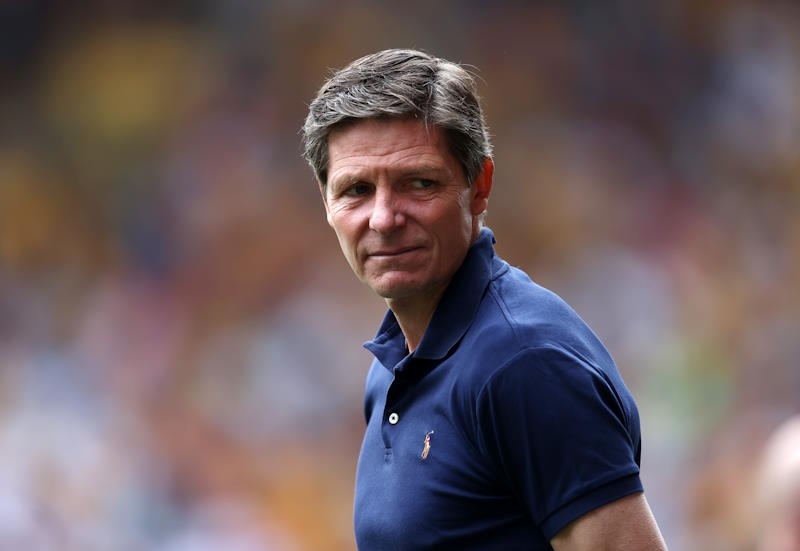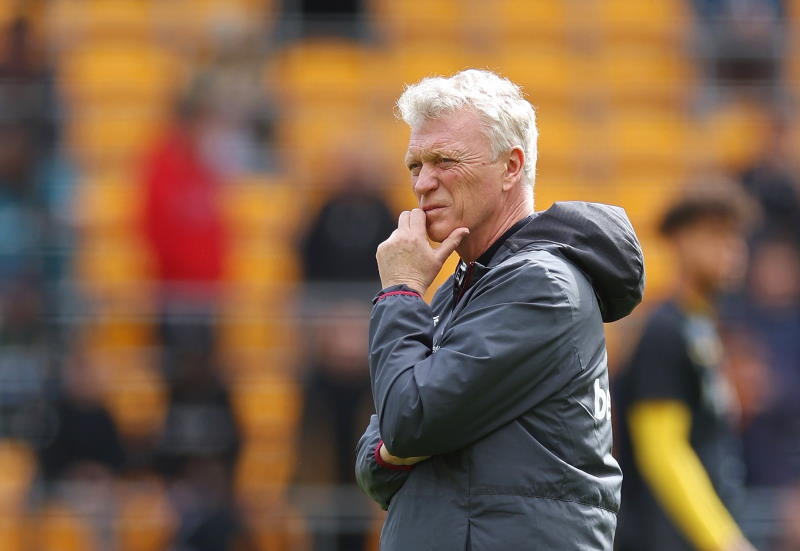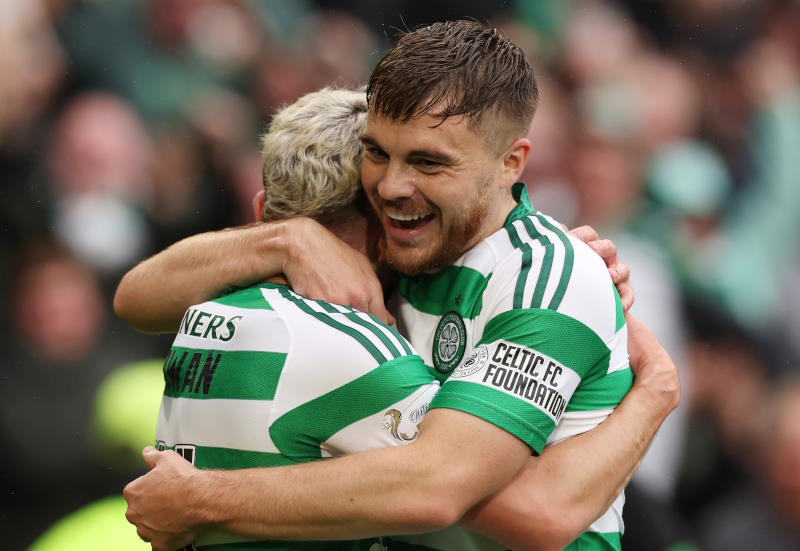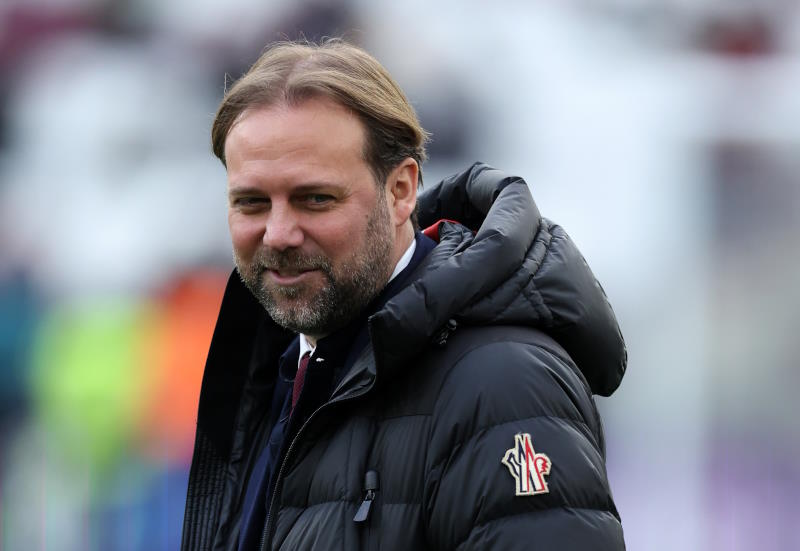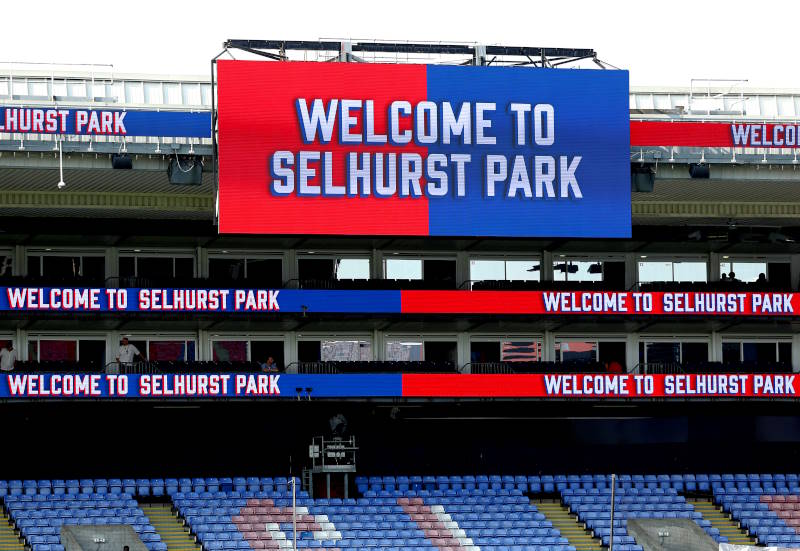
Few times, if ever, can a player have taken to the pitch in a competitive game for his club, with a statue of himself standing outside the stadium. Thierry Henry should do just that, sooner rather than later, as he returns to the Emirates Stadium and the team for which he scored a record 226 goals in a trophy laden eight-year spell, on a two-month loan switch from New York Red Bulls.
It is certainly a move for the romantics, but will it work? Henry surely lacks the pace that made him such a dangerous striker during his previous stint in the English Premier League: It was his burst of acceleration combined with superb technical ability and an eye for goal which established him as one of the most feared players on the planet. The Frenchman may still have the technique and finish, but the pace has dimmed a little. And for Arsenal, this is a key issue.
One reason the Gunners have thrust their way back into the Champions League picture has been the use of Gervinho and Theo Walcott out wide. The pace of the pair stretches defences and has created the space for Dutch goal-getter Robin van Persie to thrive. Henry, if played out on the left as he was so often at Barcelona upon leaving Arsenal in 2007, may not be able to do that as effectively, and the Gunners’ overall play could suffer. Indeed, this could even be exacerbated given that manager Arsene Wenger is currently grappling with an injury crisis in the left back berth, meaning a rampaging full back to push on and support Henry on that flank may be missing.
On the other hand, it was hard not to come to the conclusion during Arsenal’s 1-0 win over Queens Park Rangers on New Years’ Eve, that Henry’s return cannot come soon enough. Van Persie was unusually profligate, but for Walcott and Gervinho, it was par for the course so far this season. Both players have played impressively, though the one thing that has let the Englishman and Ivorian down has been their finishing. Gervinho in particular is wasteful in front of goal, the archetypal hit and miss player. Walcott’s killer touch is excellent when he is on form, but the 22-year-old seems short of confidence. Henry, even at his age, would be expected to convert a good deal more of the chances Arsenal create.
For the club’s fans, the Frenchman’s return will also be a welcome one if it keeps Andrei Arshavin further away from the team. Moroccan forward Marouane Chamakh, whose departure for African Nations Cup duty Henry has been brought in to negate, has been poor, and the Arsenal legend will do well to make less of an impact than he has.
Arshavin has been woeful for some time now. A player blessed with natural talent and the technical skill to scare most defences, the Russian attacking midfielder often looks as though it is too much effort to demonstrate that. His first touch often is lethargic, but the former Zenit St. Petersburg star remains a performer with the Matt Le Tissier-like quality of being able to do nothing for 89 minutes and then produce a moment of genius, if less frequently than the ex-Southampton hero. Henry is surely an upgrade on both the Russian and Chamakh, and so in that respect, his signing offers Wenger a no-lose situation.
And that surely is the bottom line of the loan. Arsenal cannot lose, and neither can Henry. His status as a club legend is not at risk; a player who spearheaded the ‘Invincibles’ in 2004 and helped the Gunners to lift a Premier League and FA Cup double in 2002, as well as becoming the team’s record scorer does not have to fear losing his legendary status. Regardless of Henry’s performances in the two-month stint, his statue is literally set in stone.
And for Arsenal, what harm can it do to have a player of the Frenchman’s experience at the club? No matter his age or the fact that he has been performing in the lesser challenging MLS, the instinctive brilliance of a player like Henry does not evaporate. Wenger has been able to watch the forward in training in recent months, as he did with former defender Sol Campbell two seasons ago. Perhaps mindful that Campbell did surprisingly well during that brief comeback, Wenger thinks Henry can do the same.
But this deal alone will not be enough for many fans. A short term fix Henry may be, but long term Arsenal’s reliance on Van Persie for goals is a worry. What has been vital to the Gunners this season is a settled team for the most part. Wojciech Szczesny, Laurent Koscielny, Per Mertesacker, Thomas Vermaelen, Alex Song, Mikel Arteta, Aaron Ramsey, Gervinho, Van Persie and Walcott have featured in most games, with usually minimal changes. That consistency in the first eleven has been critical for a team who endured a tumultuous start to the season and a complete collapse of confidence. The squad has already been tested defensively with injuries to a number of full backs, and now Thomas Vermaelen too. Going forward Wenger’s men may find it tough if deprived of one or two of their big hitters, particularly Van Persie.
Though Gervinho, Walcott and Ramsey can be fingered for not finding the back of the net more often, another centre forward capable of regularly scoring is surely required at the Emirates. Summer signing Park Chu-Young is presumably not trusted enough as yet to do that, and so question marks over the Korean will continue.
Olivier Giroud at Montpellier would be a perfect option, on paper, to provide the backup needed: Strong, physically big enough to thrive in the Premier League, but also with the technical ability and finish to prove a perfect replacement for Van Persie, the Frenchman would be a fine acquisition. The same could be said for Internacional’s Leandro Damiao, whilst Lille man Moussa Sow and 1.FC Koln’s Lukas Podolski have also been mooted as possible additions. The North Londoners have money available, too, and such a signing is surely needed sooner rather than later.
Wenger has the means to make a statement in the transfer market – Henry is a good start but it is time for the Arsenal manager to show his hand and make a move for a big player to continue the momentum picked up in recent months.
Photo Courtesy: Daily Harrison

